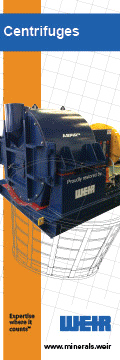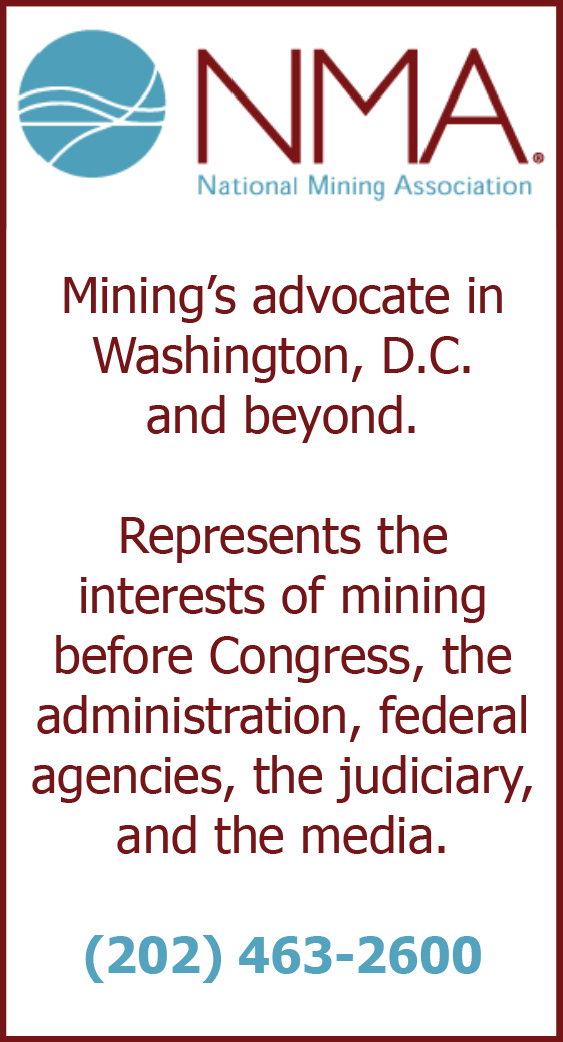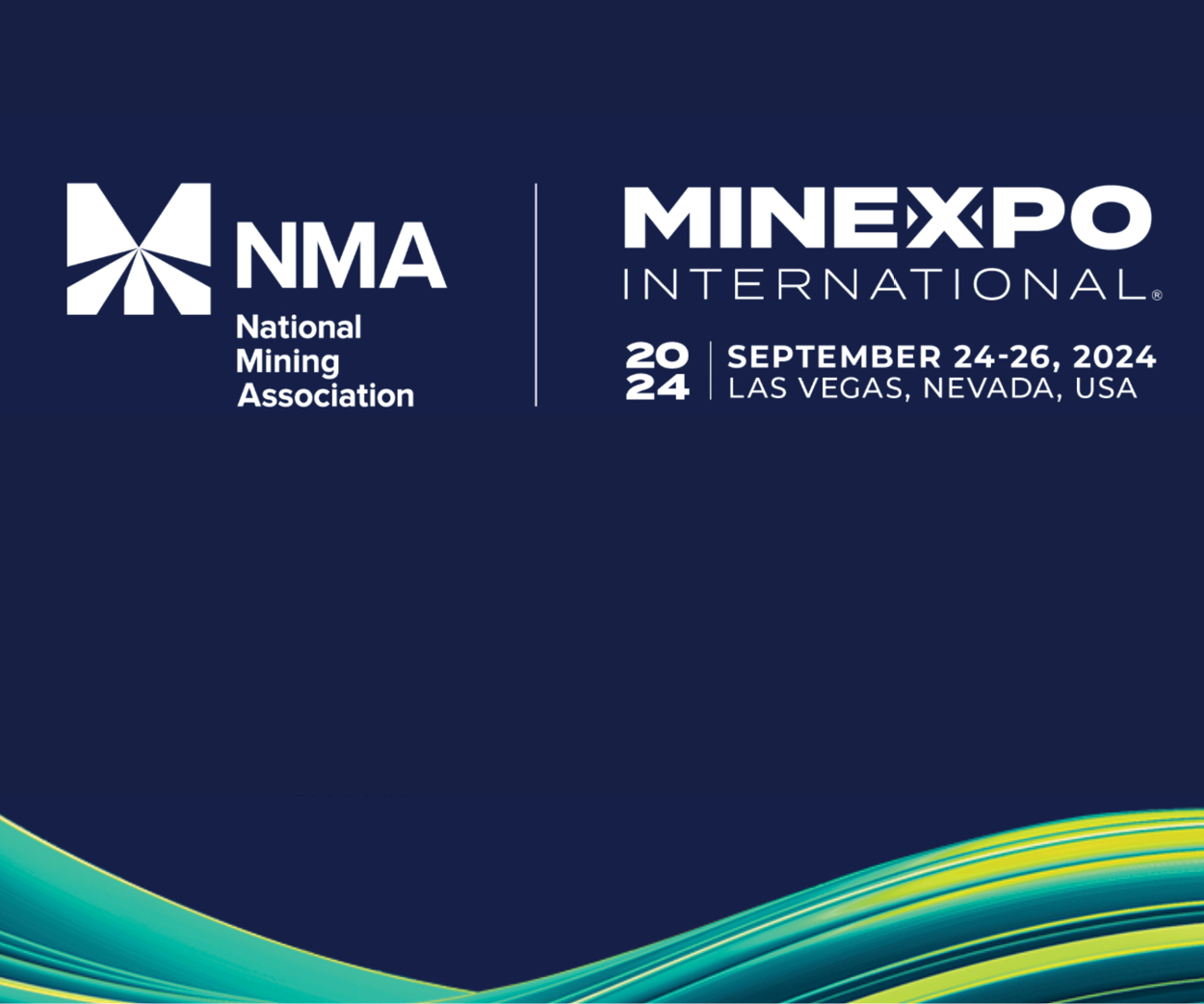B.C. Premier Responds to Senate Coalition’s Concerns Over Mining Contamination
British Columbia Premier John Horgan pledged to treat responsible natural resource development as a priority in a July 17 letter to congressional leaders who recently expressed unified concerns about upstream mining contaminants flowing into shared watersheds south of the Canadian border.
Horgan’s letter was in response to a June 13 letter drafted and signed by bipartisan elected U.S. officials hailing from states bordering the province. In their appeal for Canadian officials to adopt more stringent water-quality standards, all eight senators from Alaska, Montana, Washington, and Idaho highlighted their respective states’ ongoing efforts to mitigate the environmental and economic impacts resulting from large-scale hard rock and coal mines in British Columbia, as well as to draw attention to its regulatory shortcomings surrounding natural resources shared by the neighboring nations.
They included U.S. Sens. Steve Daines, R-Mont., and Jon Tester, D-Mont., as well as Lisa Murkowski, R-Alaska, Dan Sullivan, R-Alaska, Patty Murray, D-Wash., Maria Cantwell, D-Wash., James Risch, R-Idaho, and Mike Crapo, R-Idaho. The letter serves as a political flex and helps elevate downstream U.S. concerns by emphasizing the need to improve B.C.’s mining sector safeguards. The letter also references the need for binding protections and financial assurances to align B.C.’s mining laws with those in the U.S.
“As you know, Alaska, Washington, Idaho, and Montana have tremendous natural resources that need to be protected against impacts from B.C. hardrock and coal mining activities near the headwaters of shared rivers, many of which support environmentally and economically significant salmon populations. Additionally, indigenous peoples whose lands are affected by past, present, and proposed mines near transboundary rivers have voiced concern and requested that the U.S. and Canadian governments undertake cumulative assessments of impacts to communities, cultural and natural resources, as well as the enforcement of the Boundary Waters Treaty of 1909,” the letter states. “These transboundary watersheds support critical water supply, recreation opportunities, and wildlife habitat that support many livelihoods in local communities. We appreciate the diverse array of benefits that responsible management of our shared watersheds can bring, and view this as an opportunity to engage and collaborate toward a mutually beneficial future.”
Conservation groups, downstream neighbors and scientists from a range of agencies have been tracking the inrush of upstream pollutants flowing into U.S. waterways for decades, during which time they say B.C.’s large-scale, open-pit hard rock and coal mines have polluted rivers and fouled waters with acid mine drainage and other contaminants, such as selenium and nitrates.
In his response to the senators, Horgan said all B.C. mining projects are subject to “world-leading regulation and oversight.”
“Responsible natural resource development and environmental stewardship are priorities for my government. In fact, we recently introduced and are following through on CleanBC, an environmental and economic development strategy that is the cleanest plan in Canada and rewards innovative and sustainable practices,” he wrote. “I invite our governments and respective agencies to continue working together to develop productive and forward-looking economies by taking advantage of the abundant resources we have been given, while reducing pollution and committing to protecting our air, land and water.”
The letter did not entirely satisfy the delegates, and spokespersons representing both Tester and Daines said the senators will continue working with B.C. to ensure Montana’s interests are represented and that government officials are listening to the concerns of its residents.
Meanwhile, B.C. continues to reap the benefits of mines on transboundary watersheds while downstream residents and adjacent natural resources absorb the risks.
For example, in the watershed that includes B.C.’s famed Elk River and Montana’s prized Kootenai River and the sprawling reservoir at Lake Koocanusa, a resource shared by Idaho, Montana and B.C., selenium from Teck Resources’ coal mines has killed and deformed fish while threatening native trout species and endangered Kootenai River white sturgeon.
Based on data compiled by the U.S. Geological Survey and Montana Department of Environmental Quality, annual selenium loads entering Lake Koocanusa have increased from 2,600 kilograms in 1992 to more than 13,000 kg in 2012, representing more than a fivefold increase over the course of 20 years.
Members of several environmental groups praised the senators’ letter as a critical call to action, and thanked U.S. federal lawmakers who allocated $1.8 million to monitor water quality in the four border states’ transboundary rivers. The senators’ concerns have also been echoed by other individual members of Congress, as well as the gubernatorial administrations of Montana, Washington and Alaska, tribes and First Nations on every border, state legislators, municipalities, fishermen, businesses, recreation outfits, and residents of both B.C. and the U.S.
Separately, the continuous flow of hazardous contaminants from B.C.’s Elk Valley has prompted communities along the Kootenai River in Northwest Montana to speak up, urging state and congressional leaders to monitor and protect their imperiled natural resources
In three separate letters to Montana Gov. Steve Bullock, community leaders in Libby, Troy and Eureka — all of which sit along the blue-ribbon Kootenai River and not far from the sprawling transboundary Lake Koocanusa — say their economies depend on the water quality of rivers and lakes that are increasingly compromised by upstream coalmines, where pollutants are leaching downstream into aquatic systems that support diverse wildlife species and a range of recreational interests.
Source: Flathead Beacon
Be in-the-know when you’re on-the-go!
FREE eNews delivery service to your email twice-weekly. With a focus on lead-driven news, our news service will help you develop new business contacts on an on-going basis.
CLICK HERE to register your email address.






















